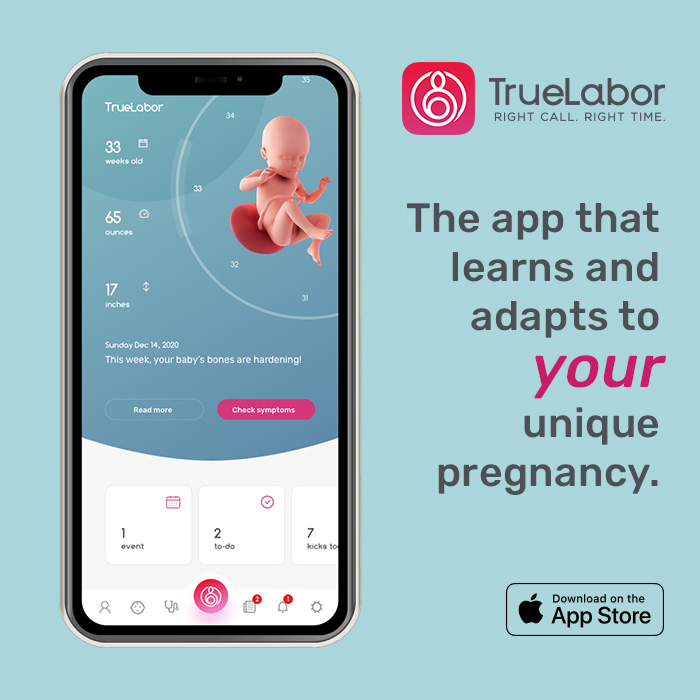Healthy Eating Habits in Pregnancy

Many women in the USA are on a diet of one sort or another. Once pregnant, the restrictions they’ve placed on themselves vanish, and they give themselves a license to eat whatever and how much they please. If you are normal weight, you need an additional 300Kcal a day. Studies currently suggest obese (BMI>30) women not gain weight during pregnancy.
Every woman wants their baby to thrive and build strong bones, a healthy heart, and brain full of possibilities. The food you eat is going to nourish this child. Don’t put anything in your mouth that you wouldn’t want going into your baby. Just as you wouldn’t want a baby to drink alcohol or smoke, you also wouldn’t want them eating an unhealthy diet.
Research shows that your lifestyle choices can affect your baby’s chances for developing conditions such as obesity, diabetes, and heart disease.
Here are the basics must-dos for a healthy baby-thriving diet:
- An additional 300Kcal a day. Equivalent to a tall glass of 1% milk
- Take a prenatal vitamin. This really is one of the times in your life when your micro-nutritional needs cannot be met with diet alone.
- Choose complex carbohydrates; if it’s high in fiber it’s probably good for you. Avoid the following simple carbohydrates (sugars): white flour, rice, potatoes, and sugar.
- Drink plenty of water, 6, 8oz glasses a day. When you’re pregnant your blood volume increases as well as your metabolic rate which is why you’re warmer. You need extra water to keep up.
- Protein requirements increase by 25gm to a total of about 70gms per day: that is the amount in 3, 8oz glasses of milk or seven ounces of cooked meat, chicken, or seafood.
- Iron: You require 50% more iron in pregnancy. There is only one way to carry oxygen around your body: through the iron-containing hemoglobin found in red blood cells. Iron deficiency anemia causes fatigue and increases the chances you’ll need a blood transfusion at delivery. Severe iron deficiency in a mom is linked to low birth weight and iron-deficient babies.
- In the end, the baby is going to harvest out of you what it needs. It isn’t going to go short on iron or calcium. You are.
The bottom line:
- Carbohydrates with a low glycemic index (slow sugars) and high fiber to avoid constipation
- fruits and vegetables for fiber and vitamins, including iron
- dairy for calcium and protein
- meat, beans, nuts, eggs, poultry, and fish for protein and healthy fats critical in brain development
- a little bit of fats and oils: the “good ones” like olive oil
- leave out the sweets. They are a special once-a-week treat.
- Avoid caffeine as much as possible and eliminate alcohol and tobacco.
Sources:
- Healthy Eating. American College of Obstetricians and Gynecologists; Dec 2021.
- Listeria and Pregnancy. American College of Obstetricians and Gynecologists; June 2018.
- Nutrition During Pregnancy. American College of Obstetricians and Gynecologists; March 2021.
- Reducing Risks of Birth Defects. American College of Obstetricians and Gynecologists; Oct 2019.
- Good Health Before Pregnancy: Prepregnancy Care. American College of Obstetricians and Gynecologists; June 2020.
- Your Pregnancy and Childbirth Month to Month. 7th ed. American College of Obstetricians and Gynecologists; 2021.
- Update on Seafood Consumption During Pregnancy. American College of Obstetricians and Gynecologists; March 2020.
Read TrueTip articles like this and many more in the TrueLabor app.

Let's stay in touch
Our monthly newsletter keeps you up-to-date on healthy lifestyle, latest news, and our practice.


